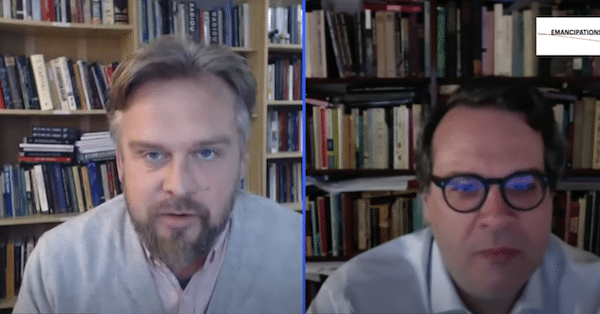The purpose of Marxist theory is not only to diagnose the negative forces and effects of capitalist society; emphasis must also be placed on the need for social transformation that would enhance human progress at the social and individual level. But the trends of current critical and Marxist theory have turned away from a more positive vision of critique. In his later work with the Budapest School, Lukács argued that Marxism must develop a comprehensive social ontology to understand how power relations within the society also shape and organize the social totality itself. A social ontology seeks to comprehend the ways that social relations, structures, processes and purposes are shaped or possibly contested.
We welcome Marxist scholar, thinker and writer Michael J. Thompson. Thompson teaches at William Patterson University and is the author of The Domestication of Critical Theory, Twilight of the Self: The Decline of the Individual in Late Capitalism and several other important works. In this interview we discuss the legacy of western Marxism, the neo-idealist turn in the Frankfurt School, how to think the return of class in out time, and the work of the later Lukács and the project on critical social being.

